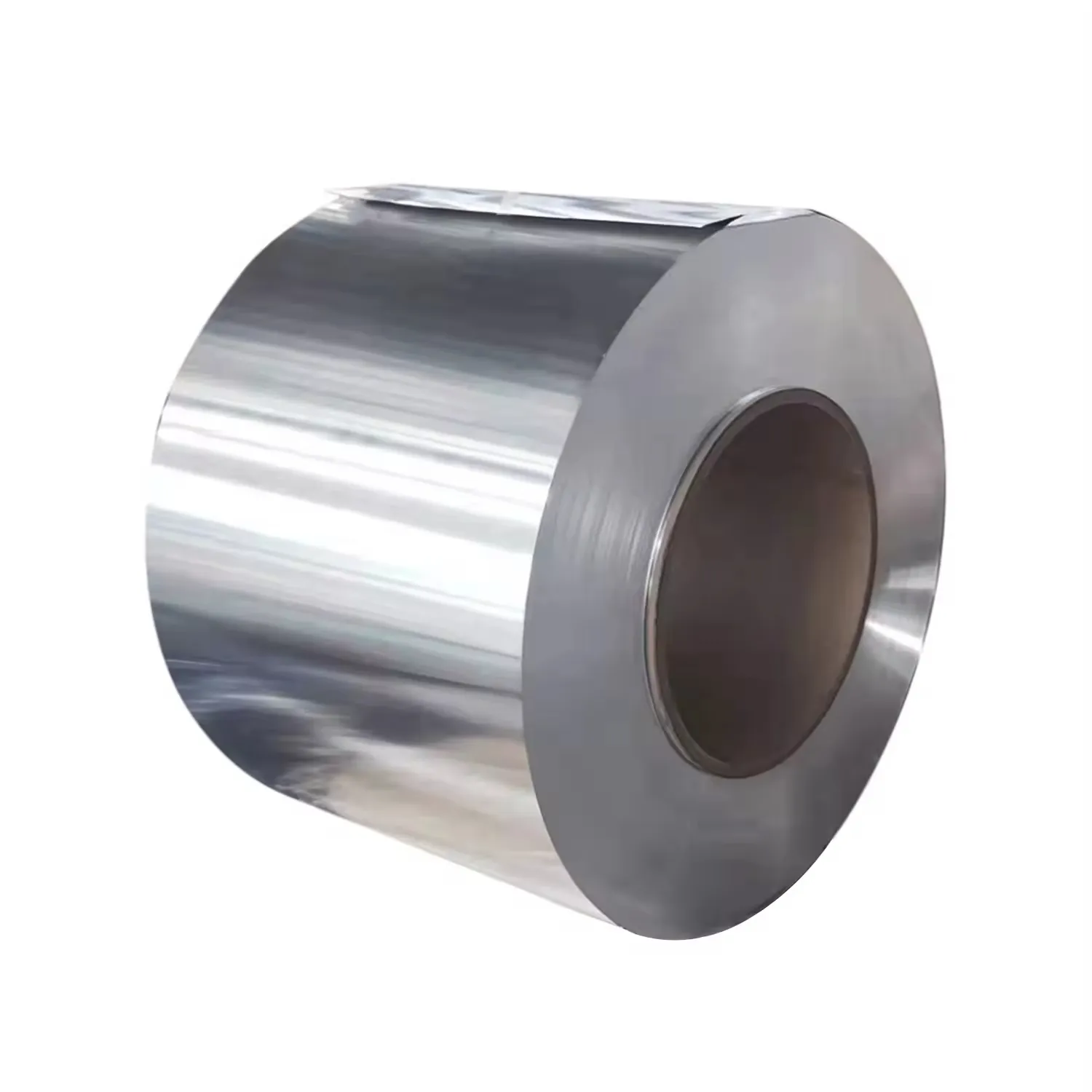Cold rolled steel coil for shipbuilding is a specialized material designed to meet the rigorous requirements of marine environments and ship construction, where strength, durability, corrosion resistance, and formability are of utmost importance. Ships are subjected to harsh conditions, including saltwater corrosion, dynamic loads from waves, and the weight of the vessel and its cargo, making the selection of suitable materials critical for safety and longevity. Cold rolled steel coils for shipbuilding are typically made from high quality carbon steel or low alloy steel, with controlled chemical composition to ensure mechanical properties and weldability. The cold rolling process improves the steel's strength and surface finish while maintaining good ductility for complex forming operations. Special attention is paid to the steel's impact resistance, especially at low temperatures, to prevent brittle fracture in cold sea conditions. The coils must meet international maritime standards, such as those set by the American Bureau of Shipping (ABS), Lloyd's Register (LR), DNV GL, and the Chinese Classification Society (CCS), which specify requirements for chemical composition, mechanical properties, and testing. For example, the steel must have sufficient tensile strength, yield strength, and elongation, as well as good notch toughness, to withstand the dynamic loads and stress concentrations encountered in ship structures. Corrosion resistance is a key consideration for shipbuilding cold rolled steel coils, as they are exposed to saltwater and humid environments. Surface treatments such as galvanizing, painting, or coating with anti corrosion materials are often applied to enhance durability. In ship construction, cold rolled steel coils are used for various components, including hull plates, bulkheads, decks, and structural members. The formability of the steel allows for the creation of complex shapes and curves required for ship hulls, while the high strength ensures the structural integrity of the vessel. Quality control during production involves strict testing, including tensile tests, impact tests, bend tests, and ultrasonic testing for internal defects. With the development of the maritime industry and the increasing demand for larger, more efficient ships, cold rolled steel coils for shipbuilding continue to evolve, with advancements in material science and manufacturing technology leading to stronger, lighter, and more corrosion resistant products.


